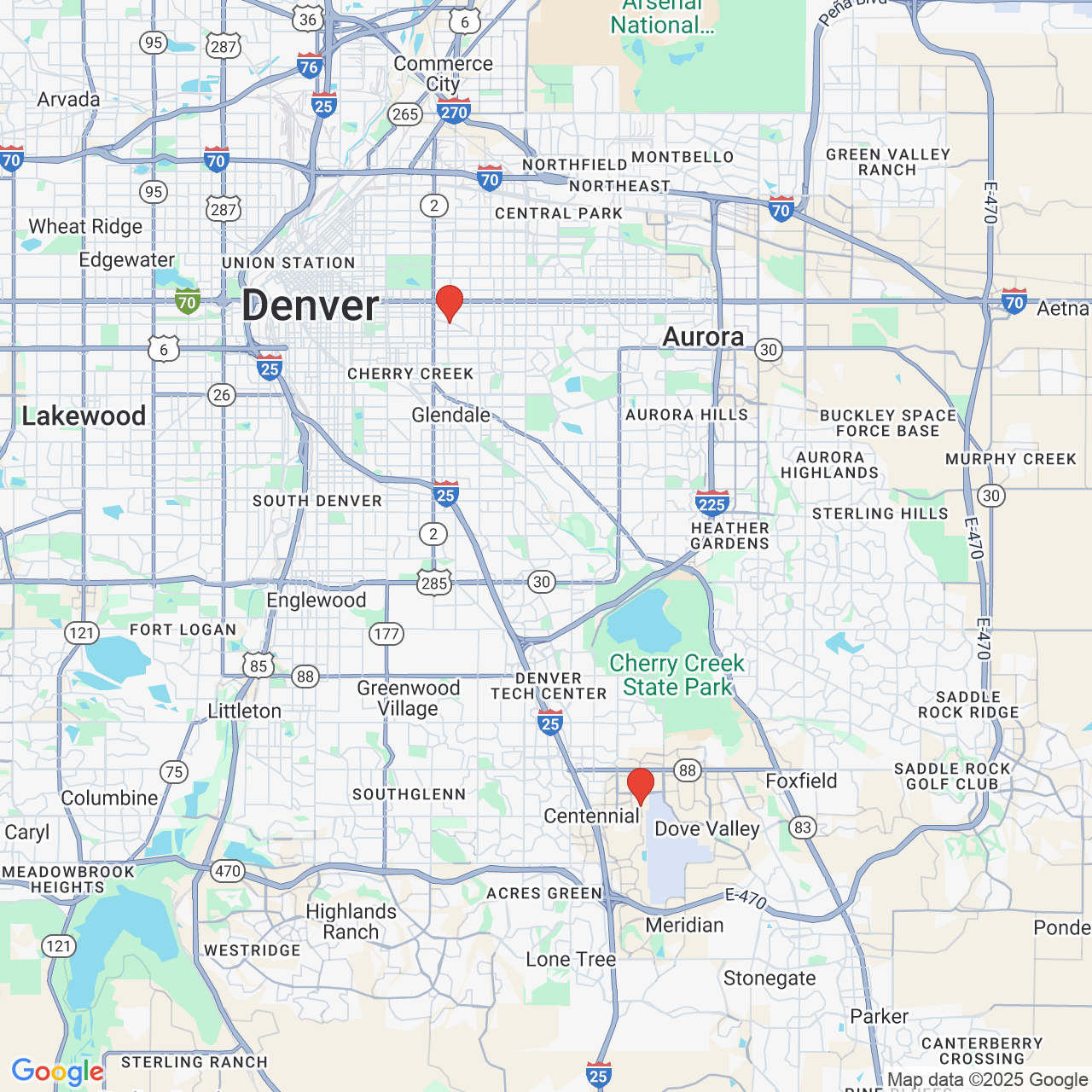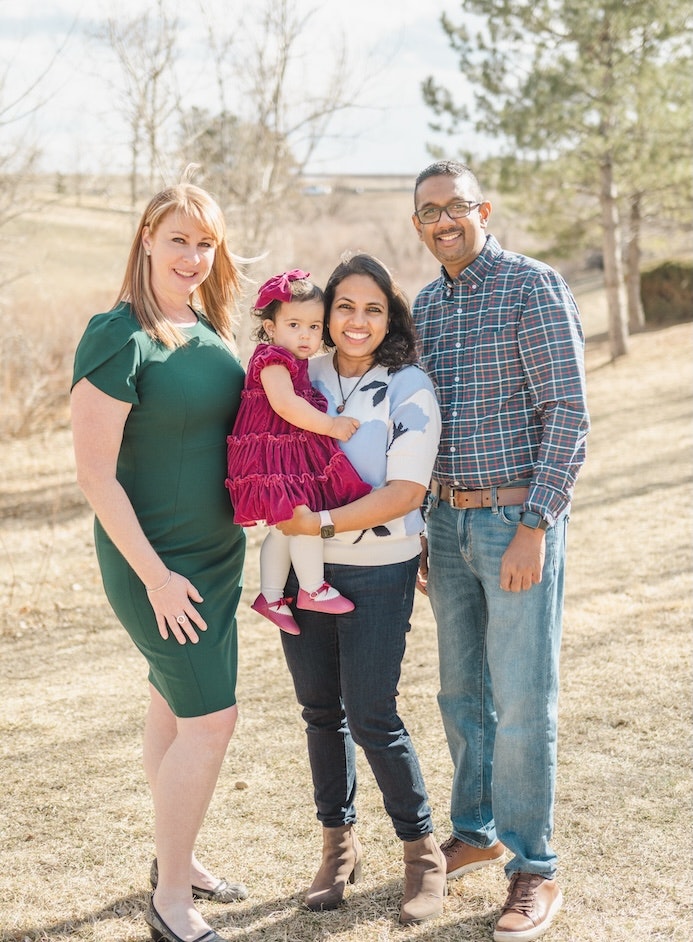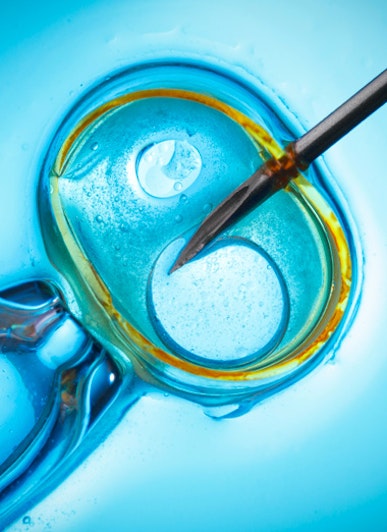Diminished Ovarian Reserve
Diminished ovarian reserve (DOR) can make conception difficult.
Our fertility experts are dedicated to getting to the root cause of fertility concerns and can diagnose and treat diminished ovarian reserve in Denver, CO.
Learn more about DOR and how we can help you overcome it to expand your family.
What is Diminished Ovarian Reserve?
Diminished ovarian reserve (DOR) occurs when a woman's ovary produces fewer eggs, also called oocytes. Patients may still have regular monthly menstrual cycles and ovulate. DOR can cause lower anti-Müllerian hormone (AMH) levels and high day 3 follicle-stimulating hormone (FSH) levels, leading to limited antral follicles and a lower quality and quantity of eggs.
It is a biological fact that fertility decreases with age.
Understanding Ovarian Function
When a woman is born, she is born with all the eggs she will ever have. The ovaries produce follicles each month, which allow an oocyte to mature. There are three phases to a menstrual cycle, each regulated by varying hormones.
As a woman ages, the number of available eggs decreases. The quality of the eggs will also decline with age and is greatly diminished around the age of 40, when menopause is more likely to occur. If the quality and quantity of eggs are low, the chances of conception are lower. However, DOR can also occur prematurely, causing younger patients to struggle to get pregnant.
Diagnosing Diminished Ovarian Reserve
We strive to accurately identify the root cause of your fertility struggles. Our team will begin with a few tests at our fertility clinics in Denver and Englewood to diagnose DOR or other fertility concerns.
Ovarian reserve testing can provide you with an estimate of egg quality and quantity.

Blood Tests
Blood tests are performed to measure levels of anti-Müllerian hormone (AMH), follicle-stimulating hormone, progesterone, estrogen, and more. These levels will provide a look into the quality of a woman's eggs. This testing can also indicate ovarian function and if the ovaries are struggling to produce eggs.

Ultrasound
A vaginal ultrasound will be performed at the beginning of your cycle to evaluate the number of remaining eggs; this is determined by measuring the number of small cysts within the ovaries that contain eggs. This test is known as an antral follicle count (AFC).
Fertility Treatments For Diminished Ovarian Reserve

Supplementation and Traditional Chinese Medicine
At Denver Fertility Care, we use a unique blend of hormones, vitamin supplementation, and antioxidants to help improve your ovarian reserve.

Hormone Replacement Therapy
Hormones are critical to the production of eggs as well as other normal reproductive functions. Depending on your levels, your doctor may prescribe medications to increase progesterone, estradiol, and more.

Oral Contraceptives
Oral contraceptives can help balance certain hormones prior to ovarian stimulation, which can increase the chances of pregnancy.


Egg Donation
Patients who do not respond to other methods of fertility treatments may benefit from egg donation. During this process, an egg donor will undergo ovarian stimulation and egg retrieval. The egg is then fertilized, and the resulting embryo is transferred to the mother during an IVF cycle.
Helping Denver and Englewood Families Grow
"Our experience and Denver Fertility was amazing. This is our second successful pregnancy with Dr. Ambler and we are beyond grateful for the entire team’s professionalism, compassion and understanding. Both times we’ve worked with Dr. Ambler really confirm that this was the best decision for us. We have a beautiful (almost) 2 year old little boy and are expecting a baby girl this fall. We are forever grateful for Dr. Ambler for making our dreams of having a family come true!"
Jennifer, 2025








